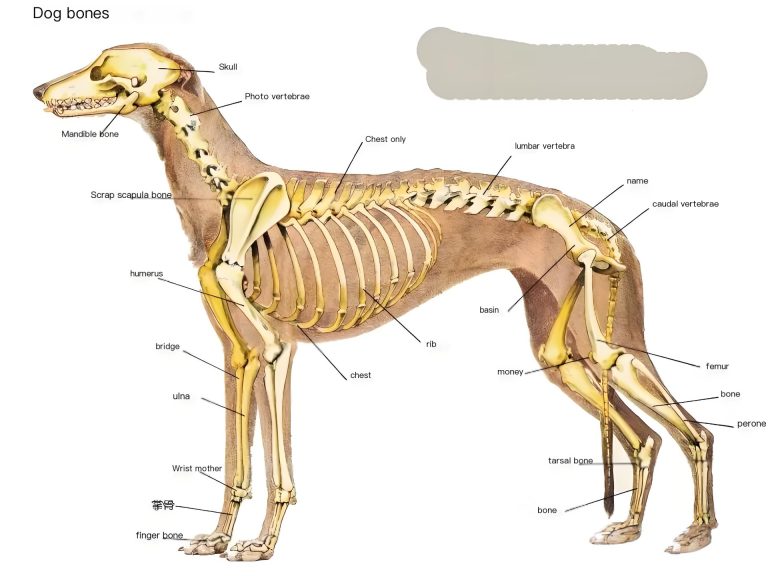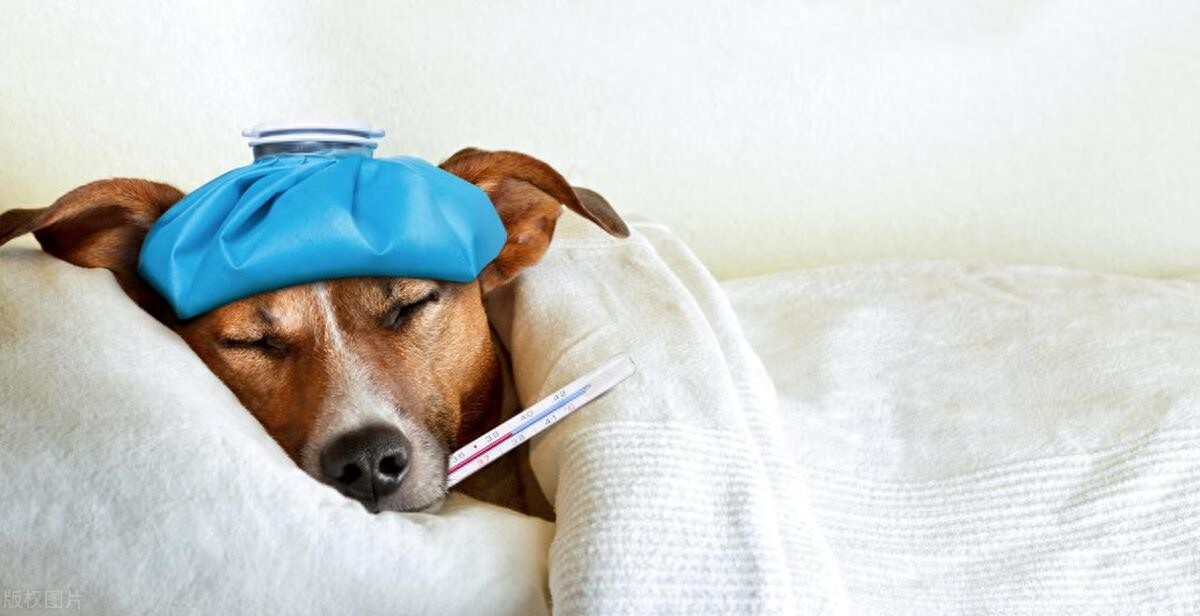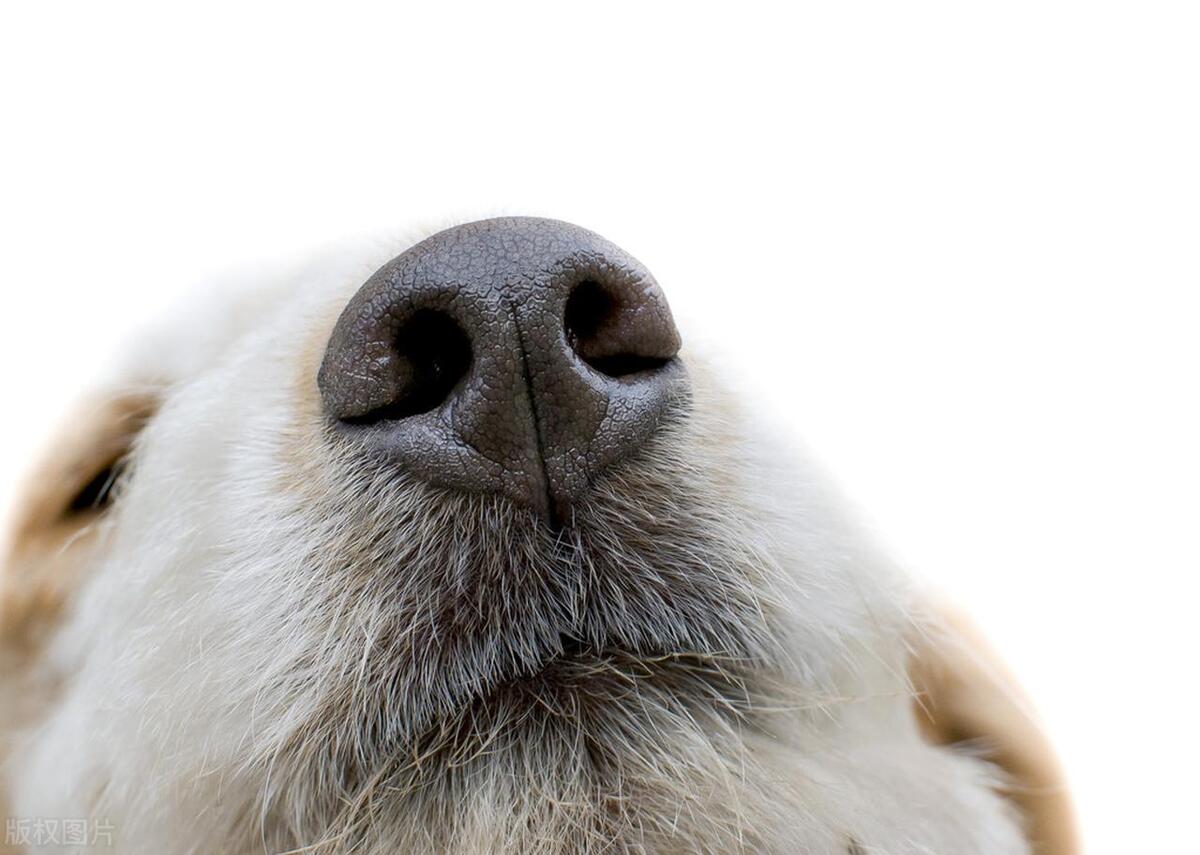If you want your dog to live a long and healthy life, these are the points to keep in mind
The Science of Canine Care: A Comprehensive Guide to a Happy, Healthy Dog

Dogs are among the most loyal companions we have, seamlessly integrating into countless households and filling our lives with joy and unwavering friendship. However, ensuring that our canine friends grow up healthy and happy requires a scientific approach to dog care. Every aspect—from nutrition and health care to training and socialization—reflects our deep love and commitment. Let’s explore the essential elements of scientifically raising a dog and learn how to create a nurturing environment for your pet.
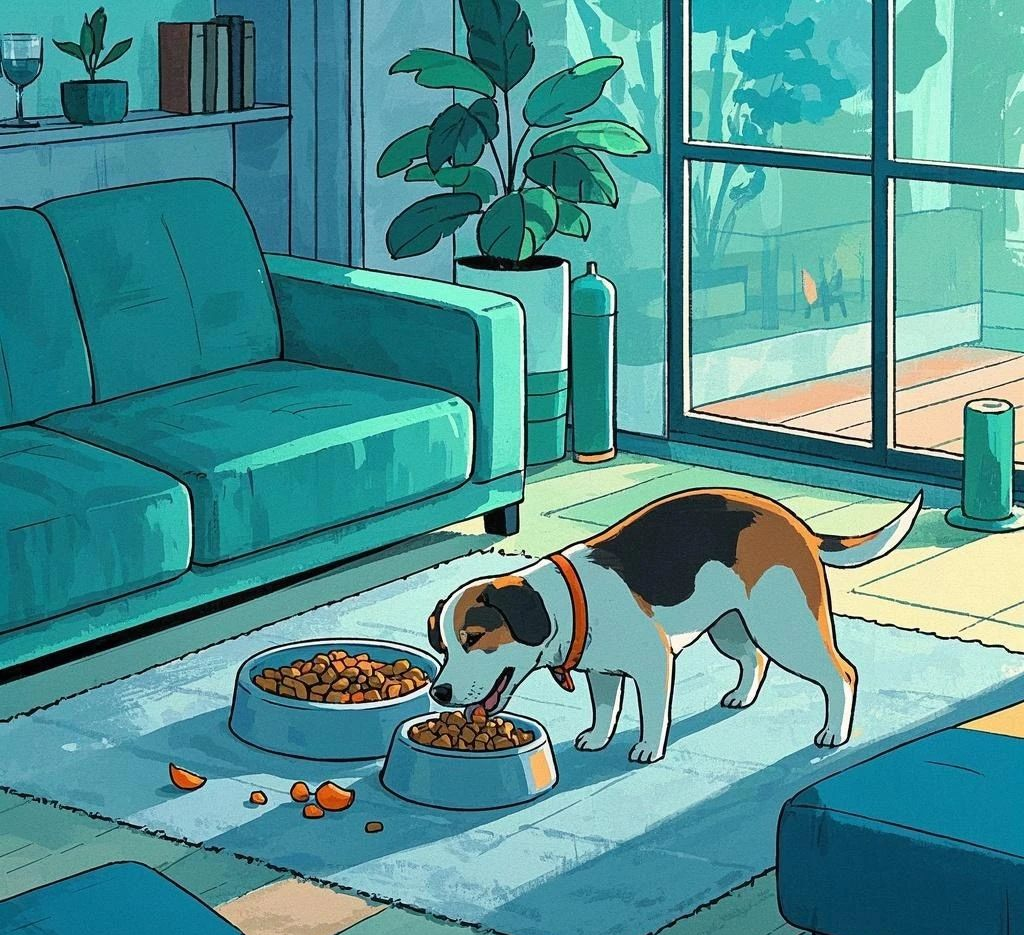
- Hydration: The Foundation of Life
Water is life, and this is true for your dog as well. Keep the following in mind:
Always Provide Fresh Water: Ensure your dog has constant access to clean, drinkable water. In winter, offer warm water.
Regular Changes: Change the water frequently to maintain freshness.
Adequate Intake: On average, a dog should drink at least 60 milliliters per kilogram of body weight per day. Puppies, nursing females, working dogs, and those in hot climates may require more.
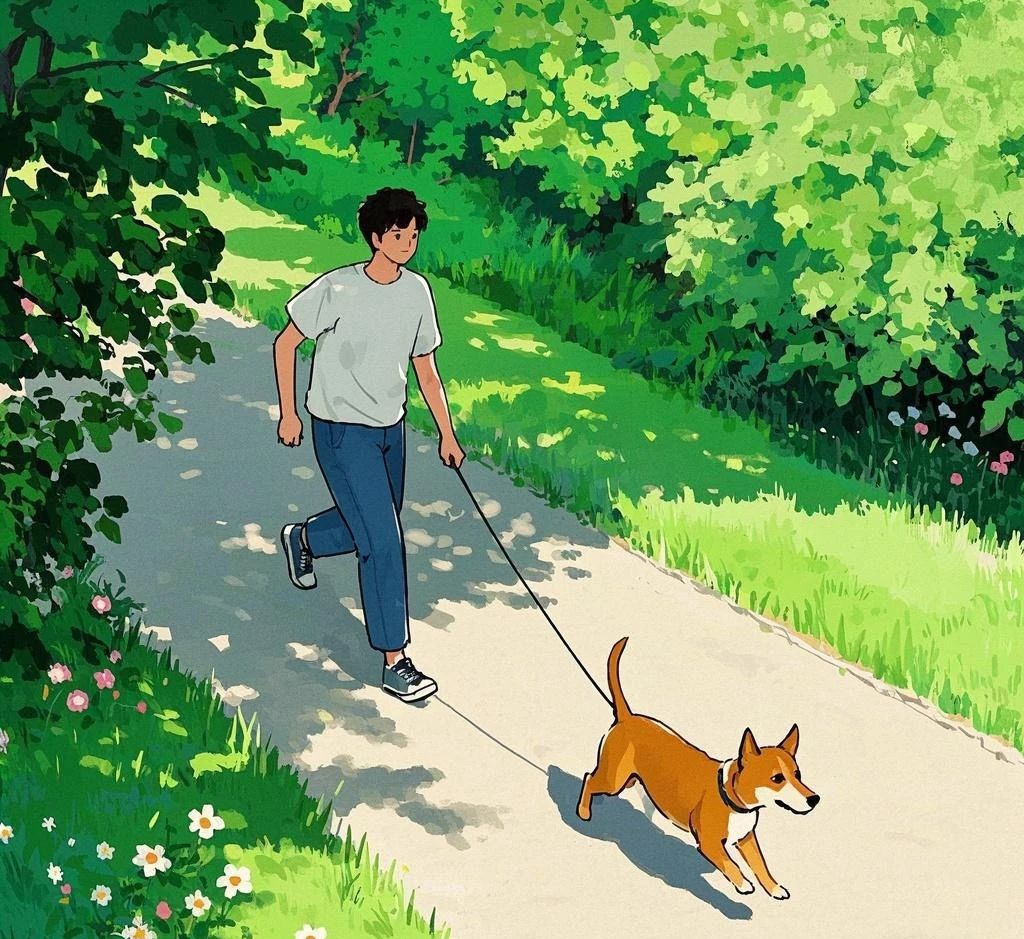
- Nutrition: Feeding Your Dog Right
A balanced diet is critical to your dog’s overall well-being. Consider these key points:
Transitioning Food Gradually
Slow Transition: When switching foods, mix a small amount of the new food into the old and gradually increase the proportion over a period of 7 days.
Prevent Digestive Upset: Abrupt changes can lead to gastrointestinal issues such as vomiting or diarrhea, especially in puppies.
Choosing Food by Life Stage
Puppies vs. Adults: Puppies need specially formulated food because their digestive systems are still developing. Conversely, feeding puppy food to adult dogs might lead to nutritional imbalances.
Controlling Portion Sizes
Avoid Overfeeding: Feed your dog until they are about 70–80% full. Adjust portions based on their daily energy needs, the caloric density of the food, and any changes in weight.
Observing Appetite: If your dog continues to lick their bowl after finishing, it might be time to increase the portion slightly. If there is leftover food, reduce the next serving.
Maintaining a Balanced Diet
Nutrient-Rich Meals: Whether you choose commercial dog food or prepare homemade meals, ensure the diet covers all essential nutrients. The balance should suit your dog’s size, age, physiological state, and health status.
- Additional Care Essentials
Vaccinations and Deworming
Timely Vaccinations: Puppies should receive their vaccines once they’ve adjusted to their new home—typically about 10 days after arrival.
Deworming Schedule: Start deworming at 20 days old. Continue monthly treatments until 6 months, then every three months until adulthood, and finally, every six months as an adult. This routine helps prevent various infectious and parasitic diseases.
Exercise and Activity
Daily Movement: Aim for at least 30 minutes of exercise every day. Whether it’s a walk, run, or playful session, regular activity is crucial for burning energy and maintaining a healthy weight.
Indoor Options: When outdoor exercise isn’t possible, engage in indoor games like fetch to keep your dog active.
Calcium and Bone Health
Bone Development: Dogs need adequate calcium during their growth phase to support strong bone development.
Preventative Supplementation: Regular calcium supplements can help avoid issues such as loose teeth and fragile bones as your dog ages.
Feeding a Light Diet
Avoid Excess Salt and Fat: Choose dog food that is light yet nutritionally complete.
Supplement with Fresh Produce: Occasionally add fresh fruits or vegetables (e.g., carrots, apples) to boost vitamins and fiber.
Creating a Comfortable Living Environment
Safe Space: Provide a cozy, secure area for your dog. For new pets, placing an item of your clothing in their bed can help ease the transition.
Hygiene: Keep your home and your dog’s belongings—like bedding, food bowls, and water dishes—clean to prevent the growth of bacteria.
Regular Cleaning
Keep It Fresh: Wash your dog’s clothes and toys regularly.
Sunlight for Disinfection: For damp items, sun-drying can help disinfect using ultraviolet rays, ensuring a sanitary environment.
Conclusion
By embracing these guidelines, you build a robust foundation for your dog’s long-term health and happiness. Scientific dog care not only prevents illness and promotes well-being but also strengthens the bond you share with your pet, ensuring that together you continue to create countless cherished memories.
